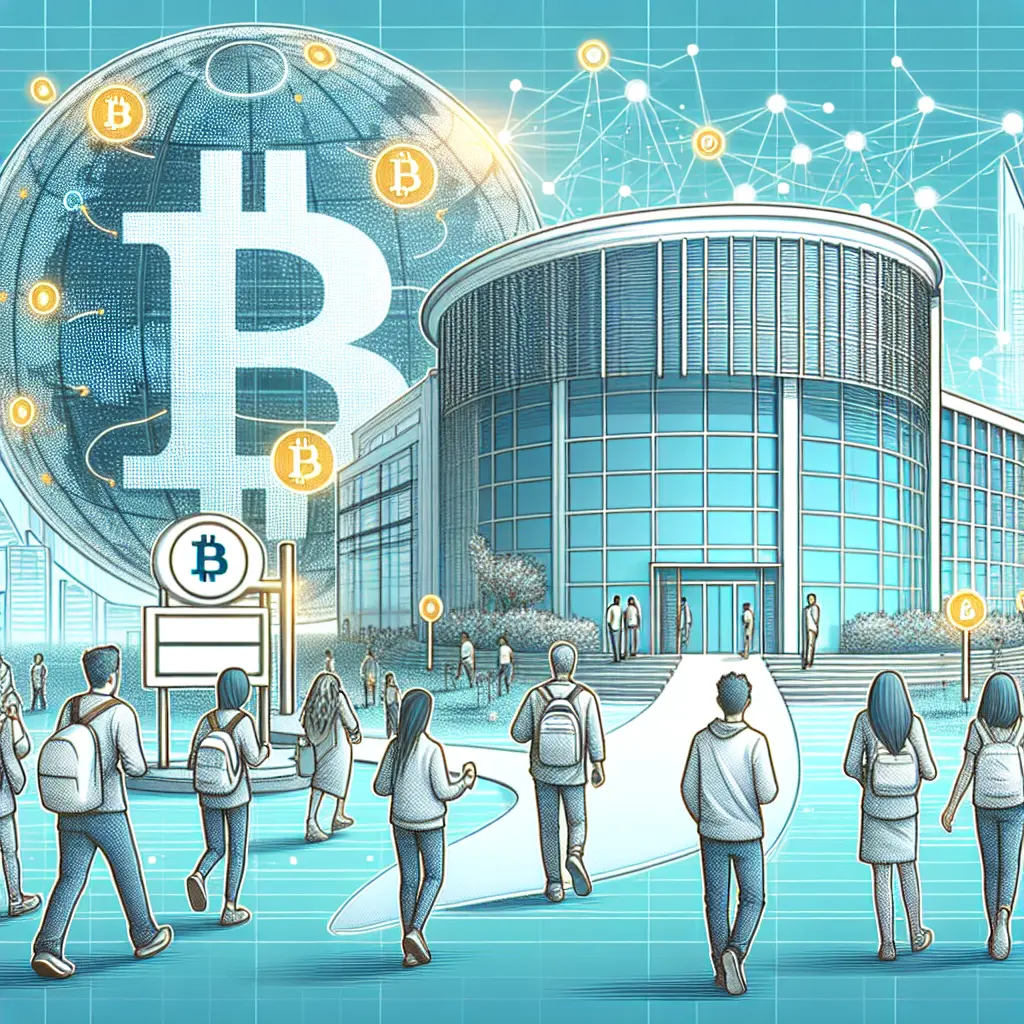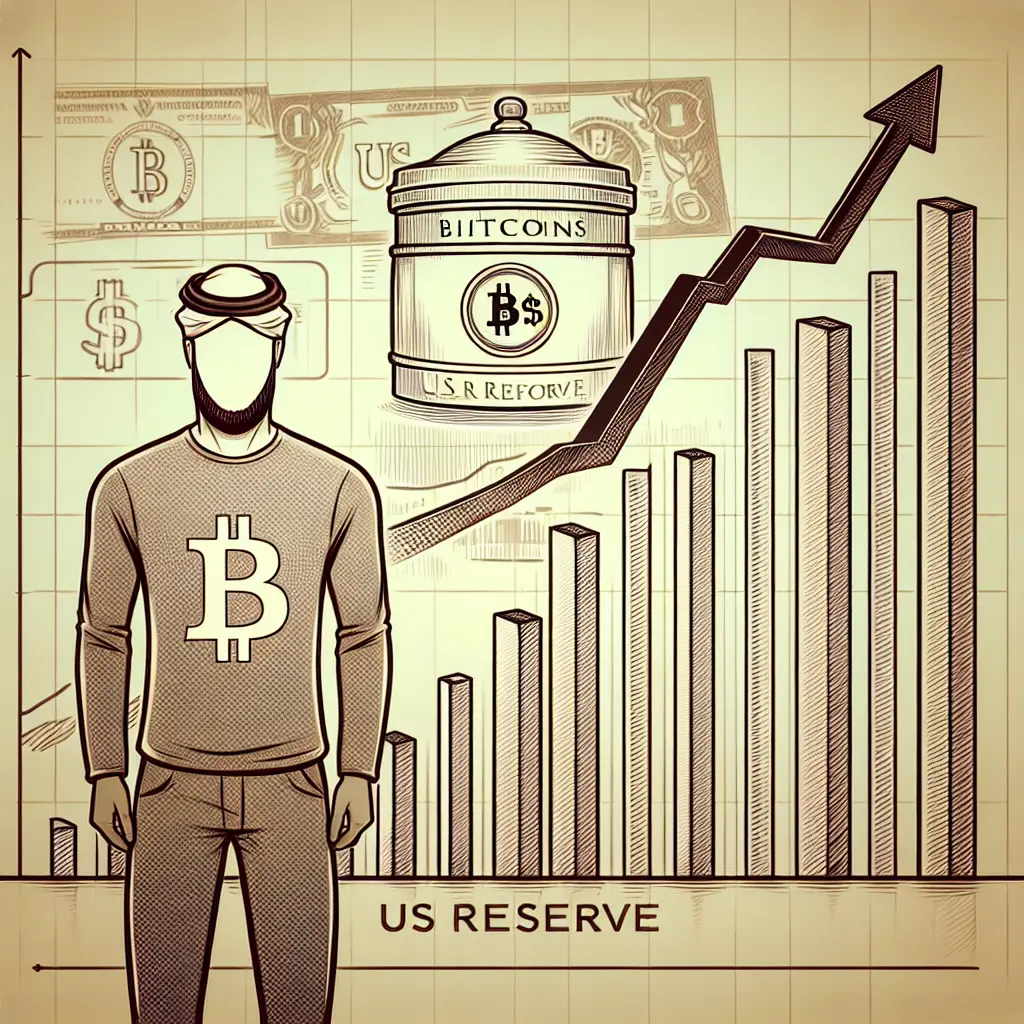Decentralization, a concept that once seemed far-fetched and confined to academic circles, has now become a palpable reality, largely catalyzed by the emergence of Bitcoin and its underlying technology, blockchain. This paradigm shift is reshaping traditional banking and financial systems, altering how transactions are conducted and challenging the very foundation of financial governance worldwide.
Blockchain technology, the backbone of Bitcoin, epitomizes the essence of decentralization. It operates on a distributed ledger system where transactions are recorded across multiple nodes, eliminating the need for centralized authorities like banks. This revolutionary technology not only supports secure transactions but also ensures financial privacy through cryptography. This has profound implications for traditional banking, which has long relied on centralization as a means of control and security.
The introduction of Bitcoin in 2009 marked the beginning of the cryptocurrency impact on global financial systems. As a digital currency, Bitcoin introduced a new way of conducting peer-to-peer transactions without the need for intermediaries. This aspect of Bitcoin not only challenges traditional banking models but also introduces banking sector innovation by providing alternatives to conventional financial frameworks.
The rise of cryptocurrencies like Bitcoin has led to the development of Crypto Banking and Decentralized Finance (DeFi) systems. DeFi, in particular, extends the ideology of financial decentralization beyond mere currency exchange to more complex financial operations such as lending, borrowing, and trading on a decentralized infrastructure. DeFi platforms operate without the traditional gatekeepers of finance, offering users full control over their assets with promises of higher transparency and reduced counterparty risks.
Bank disruption is evident as financial institutions begin to recognize the need for adaptation to maintain relevance in this rapidly evolving landscape. The integration of blockchain technology into traditional financial operations symbolizes banking sector innovation, offering more than just secure transactions; it enhances efficiency and reduces costs associated with financial intermediaries.
Recent News and Updates
The narrative of Bitcoin and its impact continues to unfold with recent developments that highlight both opportunities and challenges. For instance, Craig Wright, who claimed to be one of Bitcoin's creators, is now facing a perjury investigation, a scenario that underscores the ongoing controversies surrounding digital currencies. Source. Meanwhile, a tiny Texas village plans to annex a gigantic Bitcoin mine, indicating growing interest in large-scale cryptocurrency mining operations. Source.
In global finance, Mt. Gox’s recent moves to repay investors in Bitcoin highlight the ongoing resolution of one of the most infamous cryptocurrency exchange failures. Source. This not only restores some faith in digital currency markets but also illustrates the resilience and enduring appeal of Bitcoin. Furthermore, political figures like Donald Trump announcing participation in Bitcoin conferences signifies growing recognition and potential integration of cryptocurrencies in broader economic discussions. Source.
Bitcoin's price fluctuations continue to attract attention. Recent slumps below $59,000 amid market uncertainty contrast sharply with surges past $68,000, driven by continued ETF inflows and bullish market sentiments. Source. These dynamics are indicative of the volatile yet growingly influential nature of cryptocurrencies in global finance.
The journey from traditional banking structures to decentralized financial systems marks one of the most significant transformations in modern finance. The influence of Bitcoin and blockchain technology extends beyond mere technological innovation; it is reshaping economic interactions and power structures globally.
Conclusion
As we continue to witness this evolution, it is imperative for stakeholders in the financial sector—regulators, institutions, and individuals alike—to understand and adapt to these changes. Embracing this shift not only involves acknowledging the benefits of decentralization, such as enhanced security and privacy in transactions but also addressing the challenges it poses to ensure a balanced financial ecosystem.
In essence, as we stand at this crossroads of financial history, the fusion of technology and finance holds promise for a more inclusive, efficient, and secure global financial system.
Thank you for reading!










Leave a Comment